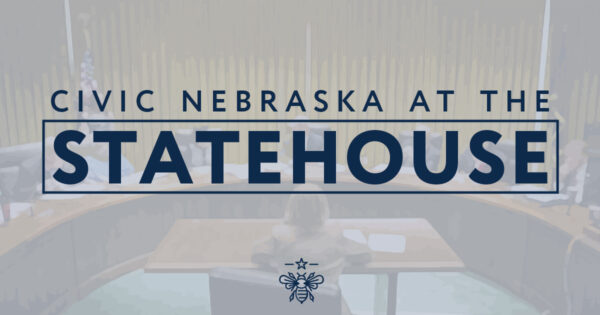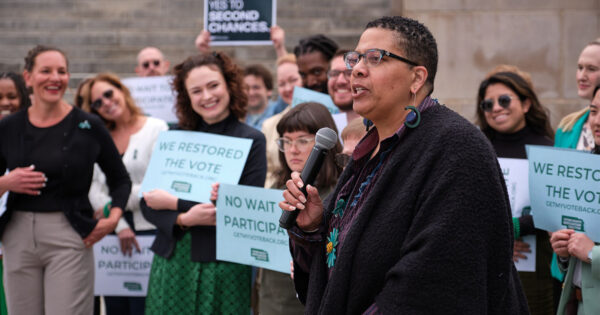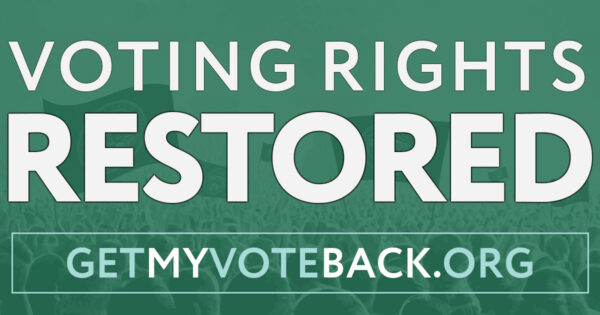It’s the burden. Specifically the burden on the voter. That’s it. That in one sentence is Civic Nebraska’s opposition to voter ID.
On Wednesday, LB 912 was heard before the Government, Military and Veterans Affairs Committee and, in his opening statement, the introducing senator claimed his voter ID bill was no different than Senator Morfeld’s LB 491 (Election Day Registration Pilot Program).
Nope. Incorrect. Try again.
The key difference: Who bears the burden of compliance and why?
In LB 912 the voter bears the burden of providing two identification documents because the county election official has presumed the individual moved from a notice received by the US Postal Service.
Filling out a National Change of Address (NCOA) form is not definitive that an individual has moved. That voter could be a student who has the legal right to vote at their permanent address, even if their mail goes to their sorority house. That voter could be a snow bird, forwarding their mail to Arizona for the five months they escape a Nebraska winter. Or, as in my case, the form was not filed by the voter at all, but by a family member with a similar name.
An NCOA notice creates a presumption the voter moved, it is not confirmation.

Confirmation would be the voter re-registering at their new address. Confirmation would be the voter attempting to vote at their new polling place and filling out a provisional ballot. For the latter, implementation of election-day registration (EDR) would modernize and improve our elections.
EDR captures those voters who were not registered in Nebraska or re-registered at their current address prior to the deadline. Because poll-workers currently cannot access the statewide voter registry on Election Day (that’s a fight for another day), LB 491 requires voters to present those documents an individual is required to show to register for the first time in Nebraska (a current photo ID OR two address verification documents like a utility bill, government document, or bank statement). Because that is what EDR is – registering to vote in Nebraska and then being handed a ballot. The document is to make sure they receive the correct ballot and are voting in the correct place.
In contrast, LB 912 places the burden on those voters who are properly registered at the correct address – like a student voting in their hometown of Ainsworth but having their mail forwarded to Lincoln. LB 912 places a heavier burden on registered voters than EDR, requiring two identification documents. Under the proposed EDR, a single photo ID would suffice, LB 912 would require an additional document to that photo ID.
Voter registration is a remnant of Jim Crow literacy tests and poll taxes. In the 1960’s the Voting Rights Act took out the poll tests, and the 24th Amendment took away the poll tax. What we were left with was unnecessary voter registration deadlines. So unnecessary, that ten states have eliminated voter registration deadlines with EDR all together.
To make it very simple: EDR requires identification documents to register on Election Day. Voter ID requires identification documents to vote. The first ensures the integrity of our elections, the second undermines it by arbitrarily disenfranchising voters.



